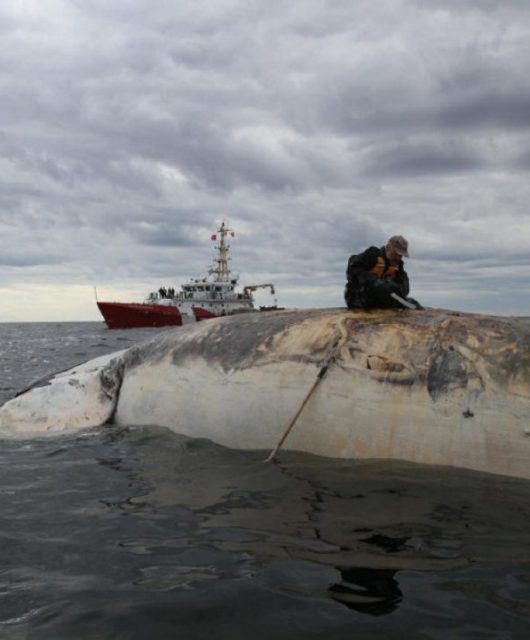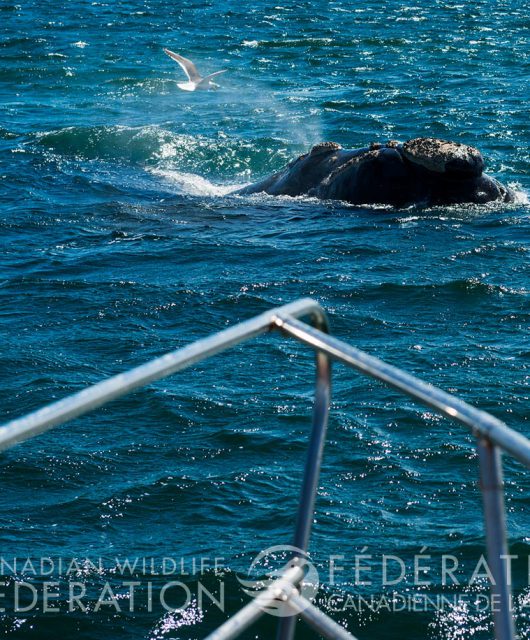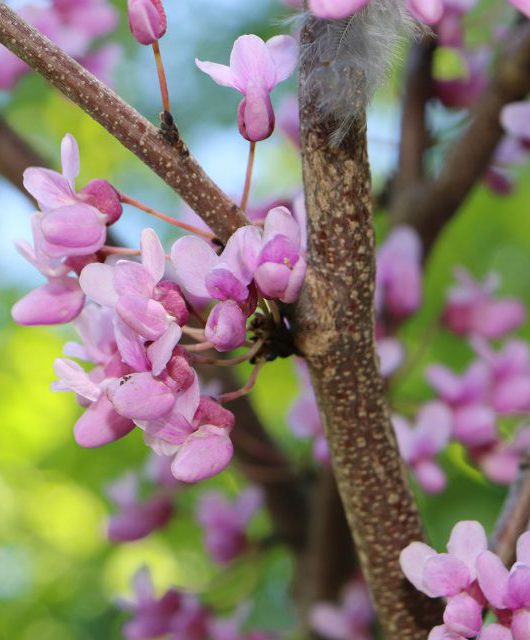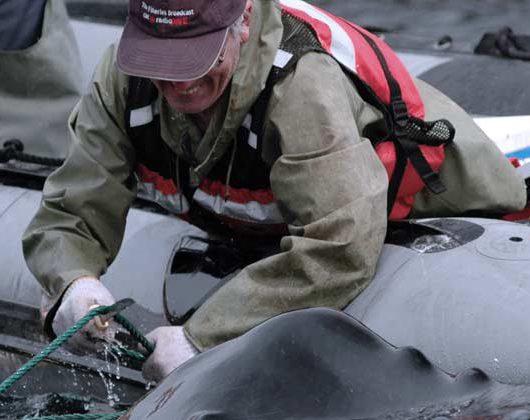In the last half of 2020, several Indigenous communities in the Maritimes exercised their right to fish commercially in support of a moderate livelihood.
This right was affirmed by the Supreme Court of Canada in 1985 (Simon), and again in 1990 (Sparrow) and 1999 (Marshall). Despite the prolonged existence of these decisions, there has been a dearth of progress by Fisheries and Oceans Canada to work with Indigenous communities to create a unified system that meets the rights of Indigenous fishers and supports the non-Indigenous commercial fisheries. By failing to act on this responsibility, the government is placing the conservation of our marine resources in serious jeopardy.
We believe that Indigenous and non-Indigenous communities both have a strong desire to conserve the wildlife that support our marine harvest industries and thus, to ensure these fisheries can continue indefinitely. The Government of Canada is required to keep conservation as the primary objective in managing our natural resource industries and cannot allow political expediency, systemic racism or discrimination to define how any fisheries, commercial or otherwise, are managed or conducted.
In early 2021, charges were laid for the lobster pound that was destroyed in Nova Scotia during unrest after Sipekne’katik band launched a moderate livelihood fishery. The Canadian Wildlife Federation strongly condemns the violence and discrimination against Indigenous fishers and Mi’kmaq peoples that arose during these protests. The use of intimidation, harassment, destruction of property and threats by individuals toward Mi’kmaq fishers is unacceptable.
Leaders of the non-Indigenous fisher community have maintained that their opposition to the Indigenous fishery is driven by conservation concerns and a strong desire to protect the ongoing viability of the lobster harvest. Mi’kmaq fishers are likewise interested in the conservation of the species, however, asserting a right. While the peaceful launch of moderate livelihood fisheries by other First Nations has been encouraging, it is incumbent on the Government of Canada to fulfill its responsibility to all Canadians to immediately define the moderate livelihood fishery to support Indigenous communities. The process must focus on the meaningful conservation of our natural resources while supporting Indigenous rights and ensuring Indigenous and non-Indigenous fisheries can be continually maintained. In our role as beneficiaries and stewards of our oceans, it is essential that we come together in support of Indigenous rights and the effective conservation of our marine resources.




